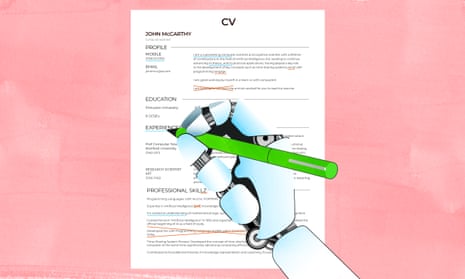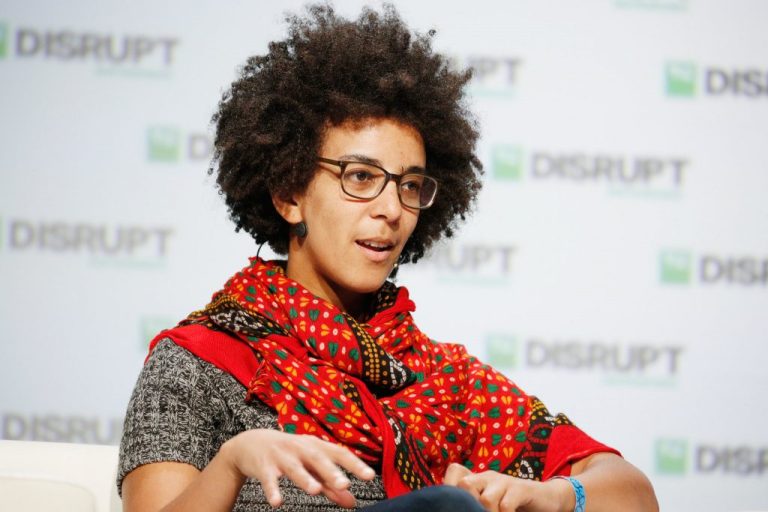Facebook’s AI Claims 50% Reduction in Hate Speech Amidst Internal Document Revelations
Ethics & Society: Facebook’s Claims on AI Efficacy
Facebook recently asserted that its artificial intelligence (AI) systems have led to a 50% reduction in hate speech. However, internal documents reveal significant shortcomings in the effectiveness of these measures. Reports indicate that the company’s AI struggles to adequately manage hate speech, prompting skepticism about its public assertions.
Recent findings from the Wall Street Journal highlight Facebook’s awareness of the flaws within its platform that can cause harm. Evidence suggests that despite previous commitments and congressional scrutiny, the company has not taken effective steps to address these issues. Notable points include:
- A change in the algorithm that reportedly made Facebook a more contentious environment, with CEO Mark Zuckerberg opposing certain adjustments out of concern for user engagement.
- Reports of inadequate reactions to warnings about serious crimes like human trafficking.
- Concerns that Facebook tools may have downplayed the severity of the COVID-19 pandemic and vaccine safety.
- Indications from internal engineers expressing doubt over the effectiveness of Facebook’s AI in improving platform safety.
- Acknowledgment of Instagram’s detrimental impact on the mental health of teenage girls.
- Exemptions for a “secret elite” from the platform’s rules.
These allegations largely stem from whistleblower Frances Haugen, who reportedly extracted thousands of pages of internal documents. Haugen intends to testify before Congress and has filed multiple complaints with the SEC, asserting that Facebook misled shareholders about the efficacy of its products.
Nick Clegg, former Deputy Prime Minister and now Facebook’s VP for Global Affairs and Communications, recently published a blog post focusing on the company’s intention to hire 10,000 Europeans to help develop its metaverse vision, an effort many view as an attempt to mitigate negative media coverage.
In a counter-response to the critiques, Guy Rosen, Facebook’s VP of Integrity, published a blog claiming a 50% decline in hate speech prevalence on the platform. He cited that the proportion of hate speech content proactively identified by AI rose from 23.6% to over 97%, with only five instances of hate speech for every 10,000 content views.
However, leaked reports reveal that Facebook’s AI systems have struggled with identifying various forms of harmful content, including first-person shooting videos and racist comments. Haugen’s claims suggest that Facebook only effectively addresses 3-5% of hate speech and 0.6% of violent or inciting content.
Recent WSJ revelations suggest internal doubts about the capability of Facebook’s technology to manage offensive content efficiently. Transitioning to a more AI-focused moderation strategy reportedly inflated the metrics the company publicized. While Clegg categorizes these reports as misrepresentative, it is clear that Facebook faces a monumental task in balancing user safety with freedom of speech. Nonetheless, criticisms remain that the company has been overly optimistic about its AI capabilities and reluctant to fix known issues due to fears of decreased user engagement.
Find out more about Digital Transformation Week North America, taking place on 9-10 November 2021, a virtual event exploring advanced strategies for digital transformation.
NVIDIA Supports Germany’s AI Manufacturing Leadership
NVIDIA is playing a pivotal role in positioning Germany as a frontrunner in Europe’s artificial intelligence (AI) manufacturing sector. With the ongoing advancements in technology and AI applications, Germany aims to leverage its robust industrial landscape to foster innovation.
The collaboration between NVIDIA and German industries focuses on harnessing AI for various manufacturing processes, which is expected to enhance productivity and efficiency. As Europe strives to compete globally in the AI arena, initiatives like these are critical for establishing a strong technological foundation.
Related Articles
MedTech AI, Hardware, and Clinical Application Programs
The AI Execution Gap: Why 80% of Projects Don’t Reach Production
Teachers in England Given the Green-Light to Use AI
Join Our Community
Subscribe now to get the latest tech news and premium content delivered directly to your inbox.
The Role of Machine Learning in Enhancing Cloud-Native Container Security
With the increasing reliance on cloud-native architectures, the importance of container security has surged. Machine learning (ML) technologies significantly enhance security measures by providing real-time threat detection and response. By analyzing vast amounts of data, ML algorithms can identify patterns and anomalies that human analysts might overlook. These capabilities allow organizations to respond swiftly to potential security threats, thus maintaining the integrity and availability of their cloud environments.
Innovative Machine Learning Applications Transforming Business Operations
Machine learning is reshaping various sectors by optimizing operations and driving innovation. From predictive analytics in finance to logistics management, ML applications are streamlining processes and improving decision-making. Companies leveraging ML can forecast market trends more accurately, enhance customer experiences, and automate routine tasks, ultimately leading to increased efficiency and profitability.
AI and Bots in Music Streaming: A Controversial Usage
The music industry faces challenges with the rise of AI and bots that allegedly inflate streaming counts. Such practices not only harm the integrity of music platforms but also impact artists and their revenues. As technology evolves, the need for robust solutions to ensure fair use and transparency in music streaming is becoming increasingly critical.
The Benefits of Collaborating with Outsourced Developers
Partnering with outsourced developers offers several advantages for organizations looking to scale their capabilities. This collaboration can lead to cost savings, faster project completion, and access to specialized skills. Companies can focus on their core competencies while relying on external expertise to enhance product development and innovation.
Subscribe
Get all our exclusive content and the latest updates on technology delivered directly to your email.
Here is a list of various countries and territories around the globe:
- Islands
- Somalia
- South Africa
- South Georgia and the South Sandwich Islands
- South Sudan
- Spain
- Sri Lanka
- Sudan
- Suriname
- Svalbard and Jan Mayen
- Sweden
- Switzerland
- Syria
- Taiwan
- Tajikistan
- Tanzania, the United Republic of
- Thailand
- Timor-Leste
- Togo
- Tokelau
- Tonga
- Trinidad and Tobago
- Tunisia
- Turkmenistan
- Turks and Caicos Islands
- Tuvalu
- Türkiye
- US Minor Outlying Islands
- Uganda
- Ukraine
- United Arab Emirates
- United Kingdom
- United States
- Uruguay
- Uzbekistan
- Vanuatu
- Venezuela
- Viet Nam
- Virgin Islands, British
- Virgin Islands, U.S.
- Wallis and Futuna
- Western Sahara
- Yemen
- Zambia
- Zimbabwe
- Åland Islands
Permissions are required for certain actions. By providing your email, you consent to our Terms and Privacy Notice.
Please note that the comment field is for validation purpose only and should remain empty.







